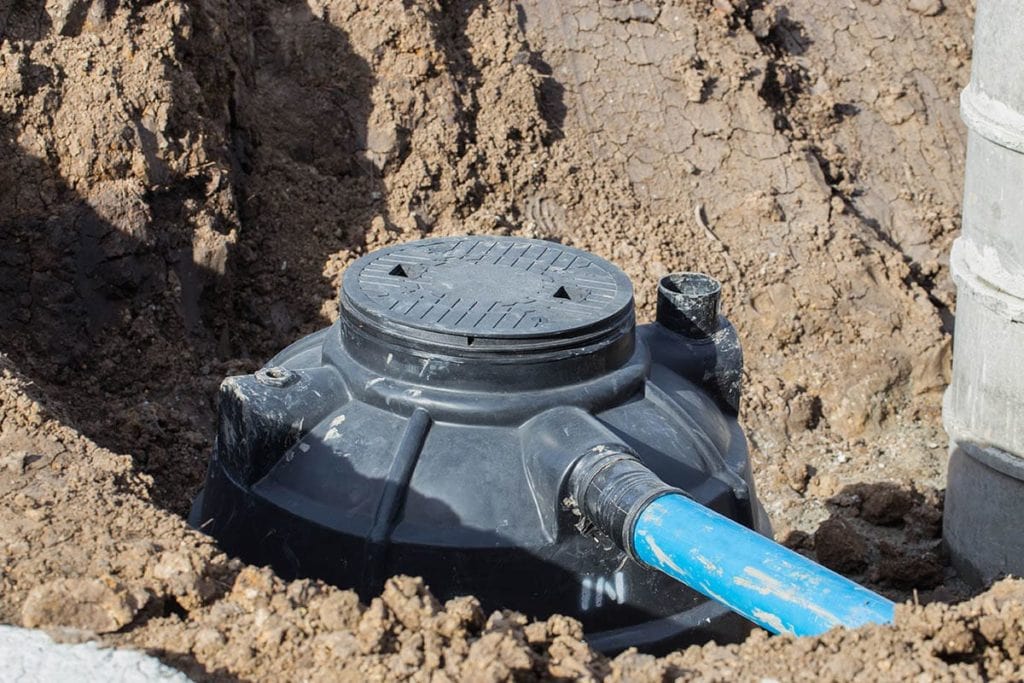
Say Goodbye to Septic Tank Odors with Eco-Friendly Solutions
Let's be real, nobody wants to deal with the unpleasant aroma that can sometimes waft from a septic system. While a well-maintained septic tank should rarely pose a major odor problem, sometimes those pesky smells can sneak out and disrupt your peace. Luckily, there are plenty of eco-friendly ways to combat those odors and keep your home smelling fresh. And the best part is, these solutions are often easy and affordable!
So, grab your gardening gloves and let's dive into the world of natural septic odor eliminators.
Understanding Septic Tank Odors
Before we dive into the solutions, it's important to understand why those odors occur in the first place. Basically, the culprit is the bacteria in your septic tank hard at work breaking down waste. While this is a good thing for the overall function of your system, it can unfortunately produce some unwanted gases. Those gases can sometimes escape, causing the odor we all know and don't love.
Now that you know the source, let's get to work on tackling those odors.
Eco-Friendly Solutions to Banish Septic Tank Odors
1. The Power of Baking Soda and Vinegar
You might be surprised to learn that a simple kitchen pantry staple like baking soda is a great weapon against septic tank odors. It's an effective deodorizer that can neutralize those unpleasant smells. Just sprinkle some baking soda down the drain and let it sit for a while, then flush with water. For an extra boost, you can follow up with a vinegar solution. Vinegar is known for its ability to cut through grease and grime, helping to keep your septic tank running smoothly.
2. The Magic of Enzyme Products
Enzymes are naturally occurring compounds that work wonders on waste in your septic tank. They help break down the waste more effectively, reducing the amount of foul-smelling gas produced. Enzyme products can be found at most hardware stores or online and are a safe and eco-friendly option.
3. Don't Forget the Drain Field
Your drain field plays a crucial role in your septic system, and neglecting it can lead to odors. The drain field is the area where wastewater from the tank is discharged and filtered. To help keep the drain field working optimally, avoid parking vehicles or heavy objects on top of it. Also, make sure the ground around the drain field is graded to prevent water from pooling and potentially overloading the system.
4. Get Down and Dirty with Compost Tea
Compost tea is a nutrient-rich solution that's great for your garden and also for your septic system. Compost tea is made by brewing compost in water, creating a liquid fertilizer that is full of beneficial bacteria. Adding compost tea to your septic tank can help promote the growth of beneficial bacteria, which can help combat the unpleasant odors.
5. Avoid Overloading Your Septic Tank
While it's common sense, it's worth reminding yourself that your septic system is not a garbage disposal. Avoid pouring grease, oils, fats, and other non-biodegradable items down the drain. These items can clog your pipes and cause odors.
6. The Power of Plants
Believe it or not, certain plants can actually help mask odors in your yard. Planting fragrant flowers or herbs like lavender, rosemary, and mint around your septic tank can help create a pleasant aroma that can counteract the odor.
Long-Term Maintenance: Keeping Odors Away for Good
Here are some tips for maintaining your septic system to prevent those unpleasant odors from resurfacing:
- Regular Inspections: Have your septic system inspected every 3-5 years by a qualified professional. This will help identify any potential problems early on.
- Pumping: Schedule your septic tank to be pumped every 3-5 years. This will help remove sludge and prevent overflows.
- Avoid Flushing Problematic Items: Make sure you know what should and shouldn't go down your drain. Avoid flushing things like coffee grounds, wipes, hair, and grease.
Commonly Asked Questions
1. What if I already have a strong odor coming from my septic tank?
If you're dealing with a strong odor, don't panic! Try some of the solutions we've discussed above. If the odor persists, it's best to contact a qualified septic professional for a thorough inspection and advice.
2. Can I use store-bought septic treatments to combat odors?
While store-bought septic treatments can sometimes help, it's best to opt for eco-friendly options first. Always read the labels carefully and choose products that are safe for your septic system.
3. How often should I add enzyme products to my septic tank?
The frequency of using enzyme products can vary depending on the product and your septic system's needs. Follow the instructions on the product label for the best results.
4. Can I use bleach to clean my septic tank?
While bleach might seem like a good idea, it's best to avoid using it in your septic tank. Bleach can kill the beneficial bacteria that are responsible for breaking down waste.
By implementing these simple, eco-friendly practices, you can keep those unpleasant odors at bay and ensure that your septic system is working efficiently. Remember, a well-maintained septic system is a happy septic system, and a happy septic system means a happy home!






0 comments:
Post a Comment
Note: only a member of this blog may post a comment.